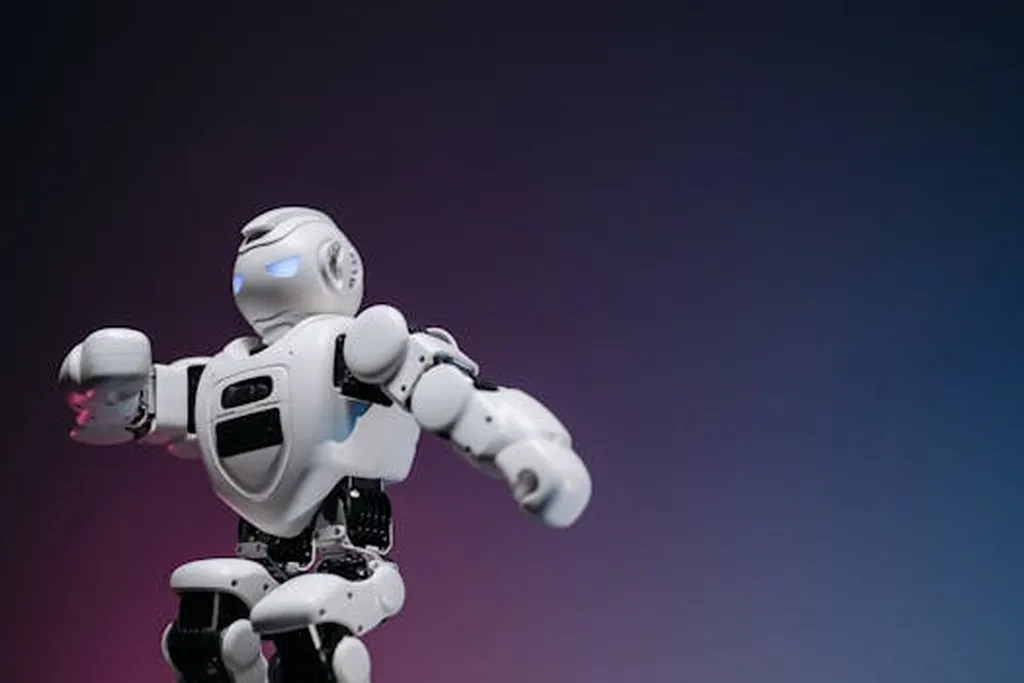In the rapidly evolving landscape of quantum computing, a groundbreaking study has emerged that could significantly bolster the resilience of quantum machine learning (QML) models against adversarial attacks. Published in the IEEE Transactions on Quantum Engineering—translated to English as the “IEEE Transactions on Quantum Engineering”—this research introduces a novel approach to understanding and enhancing the robustness of QML, with profound implications for industries like energy, where data integrity and security are paramount.
Led by Bacui Li from the Department of Electrical and Electronic Engineering at the University of Melbourne, the study delves into the vulnerabilities of QML models, which, like their classical counterparts, are susceptible to malicious manipulations. “Quantum machine learning offers exciting potential for speed and novel approaches, but we must ensure these models are secure against adversarial threats,” Li explains. “Our work provides a crucial step in that direction.”
The research introduces the first computation of an approximate lower bound for adversarial error, a metric that quantifies how resilient a QML model is against sophisticated quantum-based attacks. By establishing this bound, Li and his team offer a precise reference point for future developments in robust QML algorithms. “This bound serves as a benchmark,” Li notes. “It tells us how much error we can expect in the worst-case scenario, allowing us to design models that are inherently more secure.”
The study’s experimental results are particularly compelling. In the best-case scenario, the experimental error was only 10% above the estimated bound, demonstrating the potential for QML models to achieve high robustness. This finding is a testament to the inherent strength of quantum models and their ability to withstand adversarial attacks.
The implications of this research extend far beyond the realm of academia. In industries like energy, where data-driven decisions are critical, the robustness of machine learning models can mean the difference between operational efficiency and catastrophic failure. Quantum machine learning models are increasingly being explored for applications such as predictive maintenance, grid optimization, and renewable energy integration. Ensuring these models are secure against adversarial attacks is essential for their reliable deployment.
Li’s work not only advances our theoretical understanding of quantum model resilience but also provides a practical framework for developing more secure QML algorithms. “This research lays the groundwork for future advancements in quantum machine learning,” Li says. “By understanding and mitigating vulnerabilities, we can unlock the full potential of QML in various industries, including energy.”
As quantum computing capabilities continue to expand, the need for robust and secure machine learning models becomes ever more pressing. This study represents a significant step forward in that endeavor, offering a roadmap for the future development of QML algorithms that are both powerful and resilient. For professionals in the energy sector and beyond, the insights gleaned from this research could pave the way for more secure and efficient data-driven decision-making processes.

